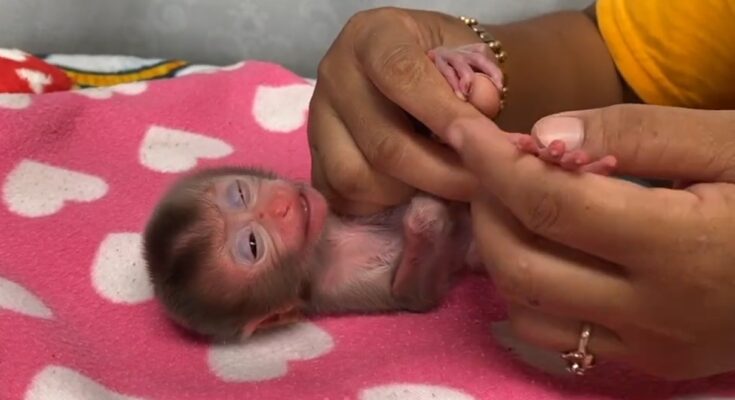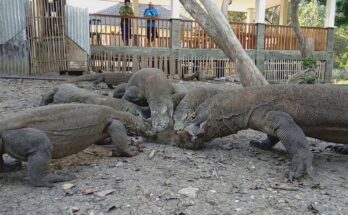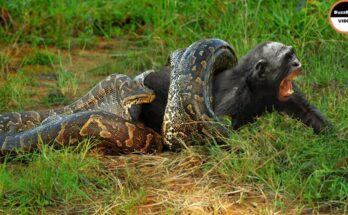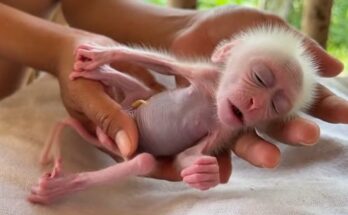Feeding a baby monkey may seem like a kind gesture, but it is essential to understand the risks and responsibilities involved. Baby monkeys have specific dietary and developmental needs that must be met to ensure their health and survival.
1. The Natural Diet of Baby Monkeys
In the wild, baby monkeys rely on their mother’s milk for essential nutrients. As they grow, they gradually begin eating solid foods like fruits, leaves, and insects. Mimicking their natural diet is crucial for their overall well-being.
2. Risks of Feeding Baby Monkeys
- Nutritional Deficiencies: Human food lacks the proper nutrients baby monkeys require, leading to health problems.
- Dependency on Humans: Feeding wild monkeys can make them dependent on people, reducing their ability to survive in the wild.
- Disease Transmission: Monkeys can carry zoonotic diseases, which can be transmitted to humans, and vice versa.
3. What to Do if You Find an Orphaned Baby Monkey
- Contact a Wildlife Expert: Trained professionals can provide proper care and nutrition.
- Provide Temporary Care Only When Necessary: If expert help is unavailable, specialized primate formula (not cow’s milk) should be used.
- Limit Human Interaction: To increase the chances of reintroducing the monkey to the wild, avoid excessive handling.
4. Ethical and Legal Considerations
Many countries have strict laws against keeping wild monkeys as pets. Instead of feeding or keeping a baby monkey, supporting conservation efforts and protecting their natural habitats is the best approach.
Conclusion
Feeding a baby monkey is not recommended unless done under expert guidance. Their dietary needs are complex, and human interaction can negatively impact their ability to live in the wild. The best course of action is to seek professional help and support conservation efforts to protect monkeys in their natural habitat.



